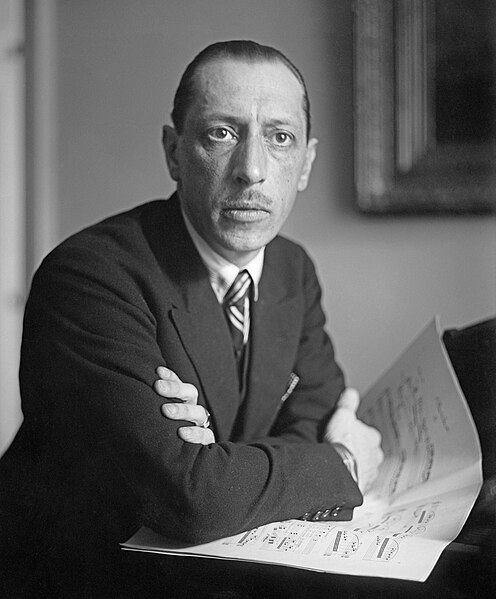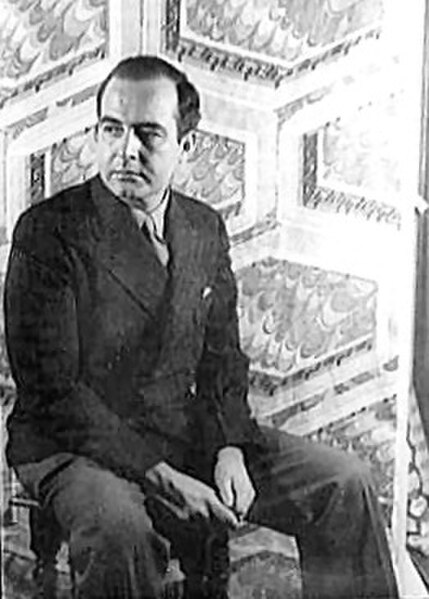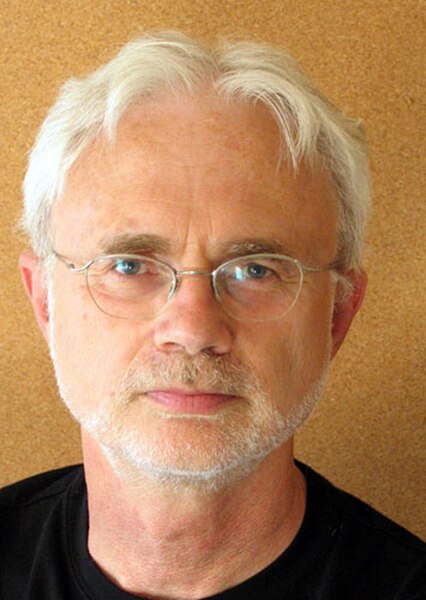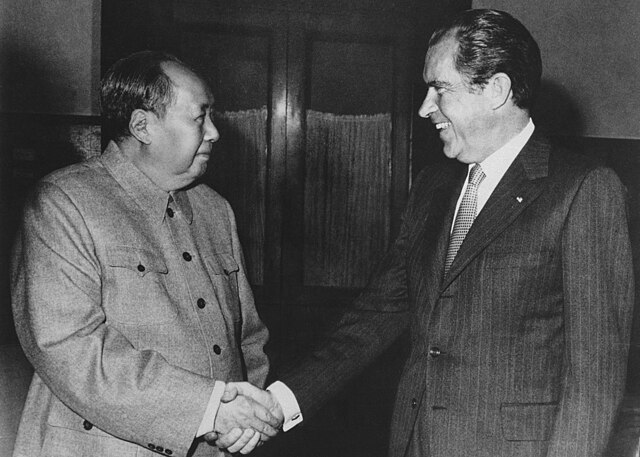Grammy Award for Best Contemporary Classical Composition
The Grammy Award for Best Contemporary Classical Composition is an award presented at the Grammy Awards, a ceremony that was established in 1958 and originally called the Gramophone Awards, to composers for quality works of contemporary classical music. Honors in several categories are presented at the ceremony annually by the National Academy of Recording Arts and Sciences of the United States to "honor artistic achievement, technical proficiency and overall excellence in the recording industry, without regard to album sales or chart position".
Aaron Copland was the first recipient of the award.
The composer Igor Stravinsky won in 1962 and 1963.
Three-time winner Samuel Barber (photograph by Carl Van Vechten).
The composer Krzysztof Penderecki, the winner in 1988 and 1999.
John Coolidge Adams is an American composer and conductor whose music is rooted in minimalism. Among the most regularly performed composers of contemporary classical music, he is particularly noted for his operas, which are often centered around recent historical events. Apart from opera, his oeuvre includes orchestral, concertante, vocal, choral, chamber, electroacoustic and piano music.
Adams, sometime before 2008
Adams' first opera, Nixon in China, is about President Richard Nixon's 1972 visit to China.
Adams has collaborated with theater director Peter Sellars on all of his operas.
Adams' third opera, Doctor Atomic, is about J. Robert Oppenheimer (shown above, in 1944) and the development of the atomic bomb in 1945.








